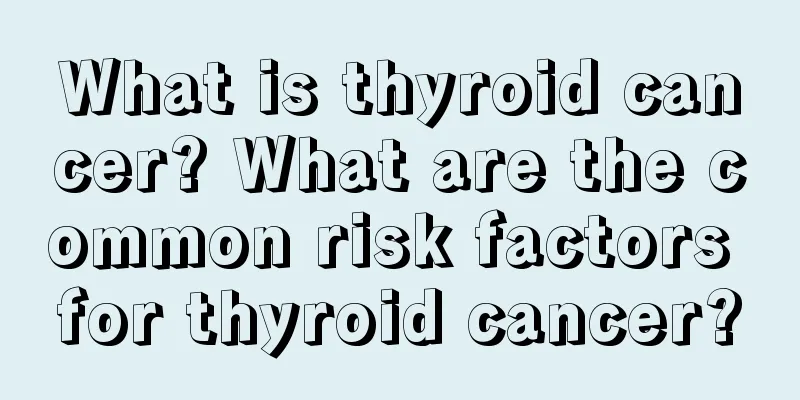Extrapyramidal symptoms

|
Many people with mental illnesses need to take oral medications every day to suppress or control their condition. Extrapyramidal symptoms also refer to multiple aspects, such as acute muscle strength disorders, which is manifested by involuntary eye rolling, etc.; Parkinson's disease is one of them, and in severe cases, the patient will lose the ability to move; there is also tardive dyskinesia, an early-stage disease characterized by slight tremors of the tongue. All mental illnesses should be controlled with medication on time and in the right dosage. 1. Extrapyramidal symptoms Extrapyramidal reactions (EPS) are the most common adverse reactions of the nervous system to traditional antipsychotics, mainly including 4 types: 1. Acute dystonia: appears first. Continuous tonic contraction of local muscle groups presents involuntary and strange manifestations, such as eyes rolling up, torticollis, backward neck, facial distortion, etc. 2. Akathisia: occurs after 1 to 2 weeks of treatment. Walking back and forth, feeling anxious or unhappy, uncontrollable agitation, inability to sit still, pacing back and forth, marching in place, etc. 3. Parkinson's disease: appears 1 to 2 months after treatment. Akinesia, hypertonia, tremor, autonomic dysfunction. Initially, the movement was bradykinesia and the handwriting became smaller and smaller. In severe cases, there is loss of coordinated movement, stiffness, hunched posture, panic gait, mask-like face, coarse tremor, drooling, and seborrhea. 4. Tardive dyskinesia: It is more common after several years of continuous use. Characterized by involuntary, rhythmic, stereotyped movements. The severity fluctuates, disappearing during sleep and increasing during emotional excitement. It may begin as a slight tremor around the tongue or lips. 2. Drugs that cause extrapyramidal reactions 1. Antipsychotics Chlorpromazine, trifluoperazine, fluphenazine, haloperidol, perphenazine, lithium carbonate, tricyclic antidepressants, etc. Generally speaking, the incidence of extrapyramidal reactions caused by this type of drugs is the highest and is related to the drug dose, course of treatment and individual. 2. Metoclopramide It is related to the dosage and duration of medication. If the dosage is controlled below 30 mg per day and used for a short period of time, the incidence can be significantly reduced. 3. Cardiovascular drugs It has been reported that nifedipine, cinnarizine, flunarizine, levodopa, and reserpine (in large doses) can all cause extrapyramidal reactions. 4. Others Domperidone, cimetidine, carbamazepine, pentoxyverine (Kebiqing), ethambutol, etc. may also occasionally cause extrapyramidal reactions. |
>>: What are the symptoms of lung and stomach damp-heat
Recommend
What to do after gallbladder cancer metastasizes to the liver?
What should we do after gallbladder cancer metast...
It hurts when I press on both sides of the back of my head
Many friends will find that they have a headache ...
Pimple-like things on feet
Acne on the feet is mainly caused by athlete'...
The habit of picking your nose is harmful to your health
The nose is the gateway to the human respiratory ...
What is the difference between cod liver oil and d3
We all know that cod liver oil can supplement cal...
The refrigerator compartment does not cool
As we all know, the function of a refrigerator is...
Postoperative prognosis and treatment of ovarian cancer
Ovarian cancer postoperative prognosis and treatm...
Should the longan be peeled for stewing soup
Longan is a relatively nutritious food. Many peop...
Can colon cancer be treated?
Can early-stage colorectal cancer be cured? I bel...
The ears are itchy and hot inside, find out the reasons
In life, I believe everyone has experienced itchy...
After washing your hair with ginger juice
We all know that ginger has the effect of promoti...
Why do hands peel off
There are many different causes of peeling finger...
How to cook red beans quickly
When cooking red beans, you must cook them comple...
Can I eat crabs if I have a cold?
Although crabs taste delicious, they are very col...
Scalp pain, how to treat nasopharyngeal cancer, what are the traditional Chinese medicine treatments
Nowadays, there are more and more patients with n...









